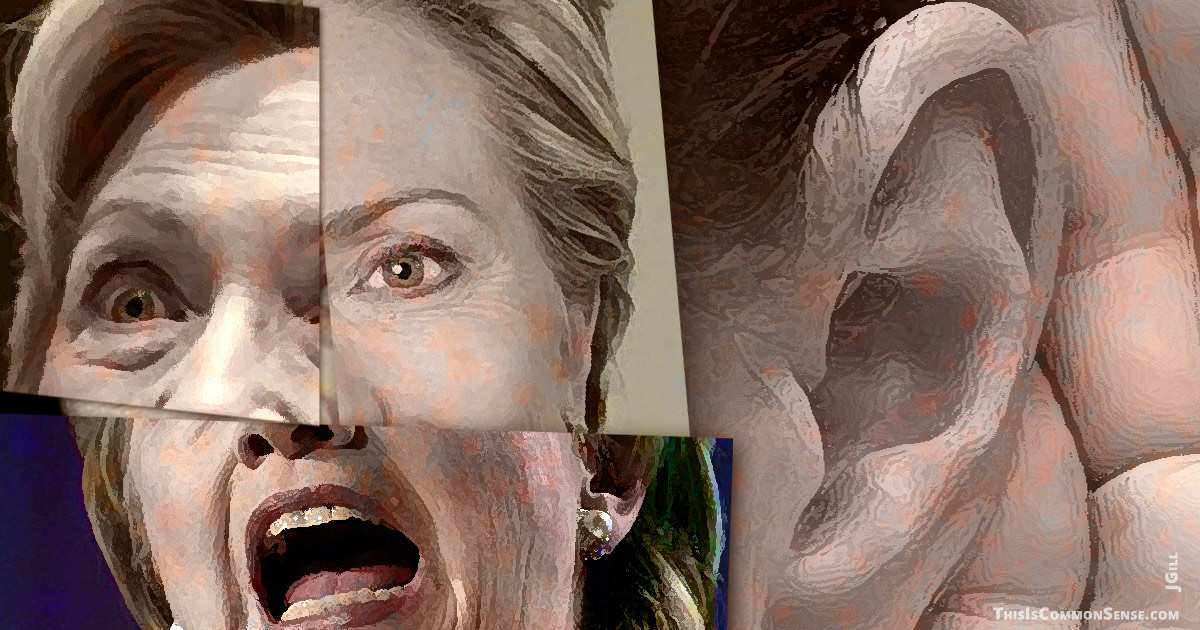Hillary Clinton is roundly disliked by millions of outsiders, but admired by hundreds of politicians and activists. What sets her apart?
She listens.
Well, that’s Ezra Klein’s take in “Understanding Hillary,” an almost-believable piece of apologetics courtesy of Vox.
He calls Hillary’s problem “The Gap,” though “Vast Chasm” is more like it.
There’s a huge difference between how the public sees her — “Polls show most Americans doubt her basic honesty” — and how her fellow insiders feel about her. “She inspires a rare loyalty in ex-staff,” Klein informs us, “and an unusual protectiveness even among former foes.”
Klein emphasizes Mrs. Clinton’s capacity to talk naturally and listen carefully, when dealing one-on-one with insiders and constituents, and in small groups. “She gets things done,” he asserts, though I think what he really means is she moves her agenda forward. Actual accomplishments? Open to dispute.
On the crucial issue of trust, Klein buys into what Hillary is selling. She says people doubt her because she’s been so often attacked.
I don’t know about you, but I doubt her because … well, cattle futures, for starters. Her ridiculous “vast right-wing conspiracy” dodge to all those rich 1990s scandals: the blue dress, President Bill losing his law license, even the crony takeover of the White House travel office. Hillary has led the way more recently with the Benghazi “video” lie and her private server and email scandal. Plus, witness the ongoing conflict presented by the Clinton Foundation raking in millions from unsavory foreign sources..
Klein, on the other hand, argues that the media is against her.
This is Common Sense. I’m Paul Jacob.



